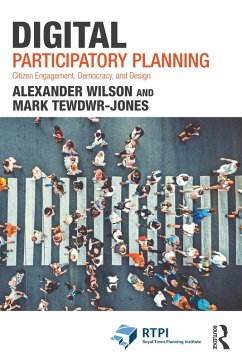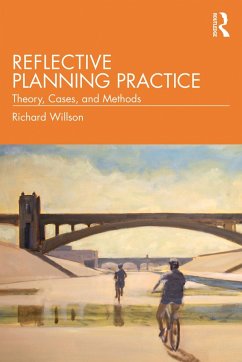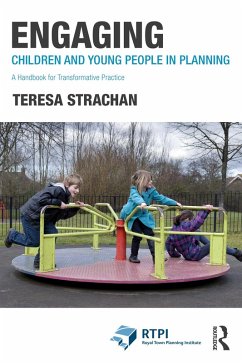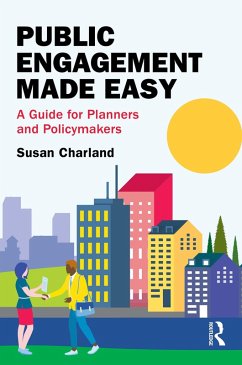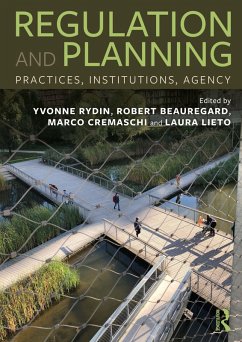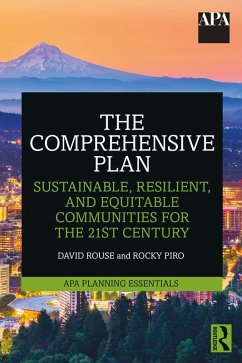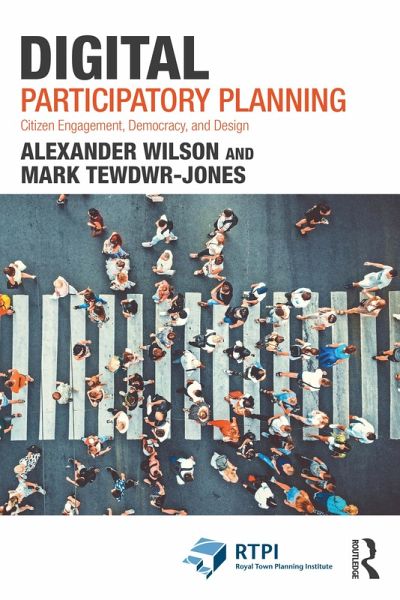
Digital Participatory Planning (eBook, PDF)
Citizen Engagement, Democracy, and Design
Versandkostenfrei!
Sofort per Download lieferbar
36,95 €
inkl. MwSt.
Weitere Ausgaben:

PAYBACK Punkte
18 °P sammeln!
Digital Participatory Planning outlines developments in the field of digital planning and designs and trials a range of technologies, from the use of apps and digital gaming through to social media, to examine how accessible and effective these new methods are. It critically discusses urban planning, democracy, and computing technology literature, and sets out case studies on design and deployment. It assesses whether digital technology offers an opportunity for the public to engage with urban change, to enhance public understanding and the quality of citizen participation, and to improve the ...
Digital Participatory Planning outlines developments in the field of digital planning and designs and trials a range of technologies, from the use of apps and digital gaming through to social media, to examine how accessible and effective these new methods are. It critically discusses urban planning, democracy, and computing technology literature, and sets out case studies on design and deployment. It assesses whether digital technology offers an opportunity for the public to engage with urban change, to enhance public understanding and the quality of citizen participation, and to improve the proactive possibilities of urban planning more generally. The authors present an exciting alternative story of citizen engagement in urban planning through the reimagination of participation that will be of interest to students, researchers, and professionals engaged with a digital future for people and planning.
Dieser Download kann aus rechtlichen Gründen nur mit Rechnungsadresse in A, B, BG, CY, CZ, D, DK, EW, E, FIN, F, GR, HR, H, IRL, I, LT, L, LR, M, NL, PL, P, R, S, SLO, SK ausgeliefert werden.




